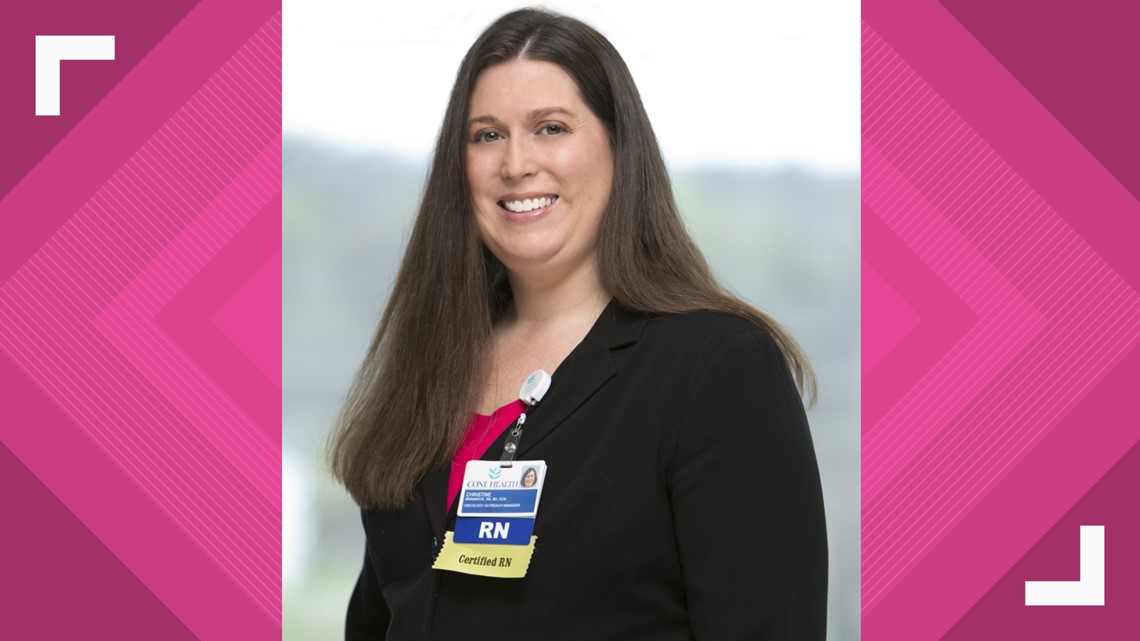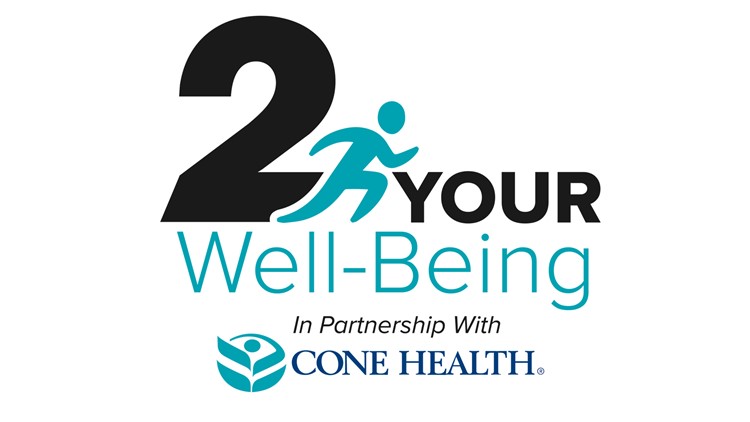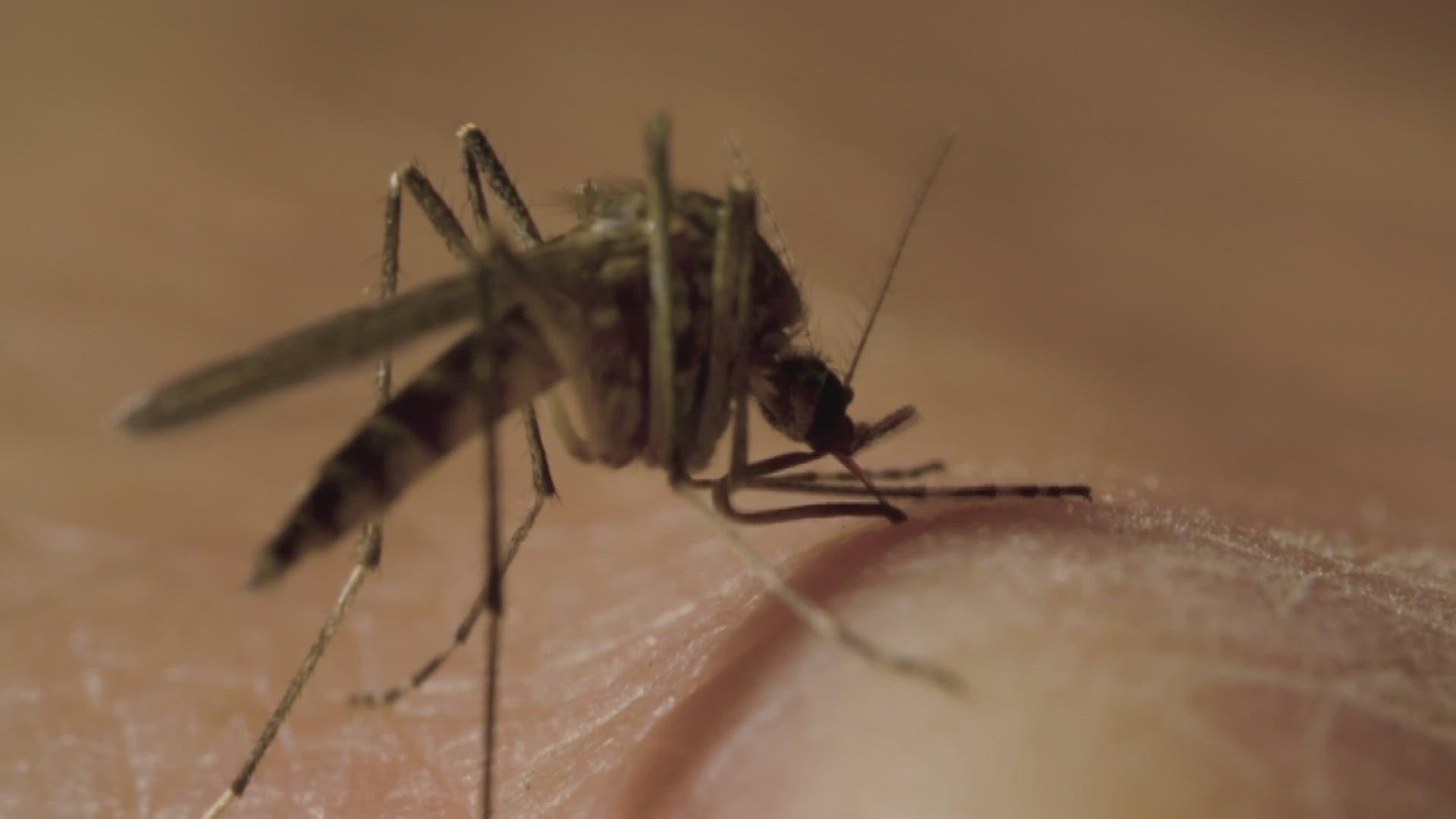GREENSBORO, N.C. — Skin cancer is the most common form of cancer in the United States, according to the Centers for Disease Control and Prevention (CDC) and it kills.
But three easy words to remember when you’re out in the sun can help save a life – “Slip, Slop, and Slap.” You want to make sure you protect your skin. That’s mean slipping on a shirt, slopping on the sunscreen, and slapping on a hat. These items all protect you from sun damage and fight against skin cancer.
You also want to make sure you cover your face, head, ears and neck. Make sure to use a sunscreen with SPF of 15 or higher and apply it multiple times. Also, make sure you follow directions. All skin types should be covered with sunscreen.
The hours between 10 a.m. and 4 p.m. Daylight Saving Time (9 a.m. to 3 p.m. standard time) are the most hazardous for UV exposure outdoors.
You’ll also want to remember A-B-C-D-Es of Melanoma. That’s how you can check for and keep track of moles on your skin. You should know a change in your skin is the most common sign of skin cancer according to the CDC. That includes a new growth, sore that doesn’t heal or change.
Make sure to remember the A-B-C-D-Es of melanoma:
- “A” stands for asymmetrical. Does the mole or spot have an irregular shape with two parts that look very different?
- “B” stands for border. Is the border irregular or jagged?
- “C” is for color. Is the color uneven?
- “D” is for diameter. Is the mole or spot larger than the size of a pea?
- “E” is for evolving. Has the mole or spot changed during the past few weeks or months?
Check out images of moles to know what to look for on your body.
Christine Brannock, who is a BSN, RN, OCN oncology outreach manager at Cone Health Cancer Center, stopped by WFMY News 2 to talk about skin cancers and answer your Facebook questions in general about cancer and who’s at risk.


More on Christine Brannock: She earned a Bachelor of Science in public health education from the University of North Carolina at Greensboro in 2001, an associate degree in nursing at Guilford Technical Community College in 2004, Bachelor of Science in nursing from East Carolina University in May 2016, and is an Oncology Certified Nurse. She has been an employee at Cone Health for nearly 20 years.



